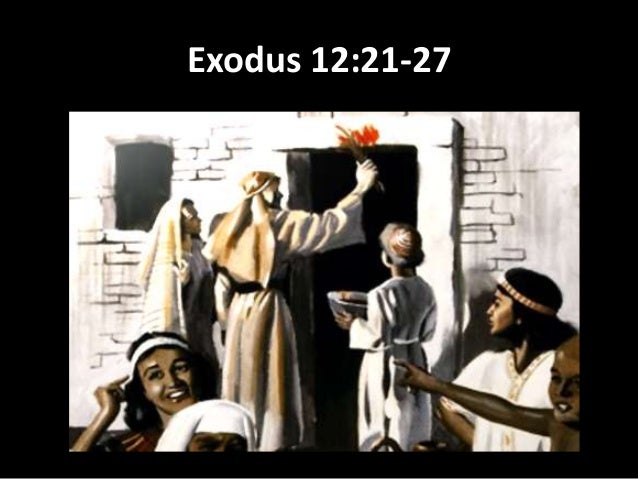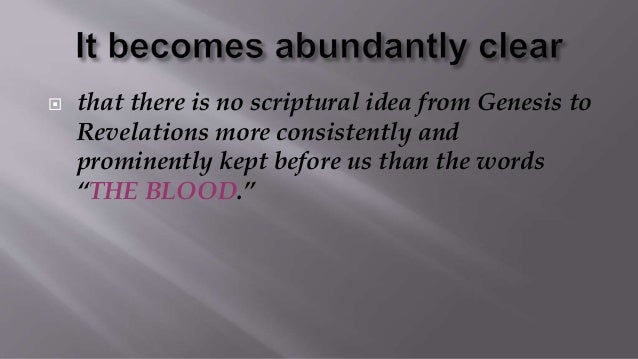


No such Judaism ever existed, either in the days of Christ and the apostles or in any other period but it has enjoyed a long and vigorous life in Protestant dogmatics and biblical criticism. Naturally, this also entails the simultaneous creation of an equally fictional late antique Judaism, of the sort that once dominated Protestant biblical scholarship: a fantastic “pure” Judaism situated outside cultural history, purged of every Hellenistic and Persian “alloy,” stripped of those shining hierarchies of spirits and powers and morally ambiguous angels and demi-angelic nefilim that had been incubated in the intertestamental literature, largely ignorant even of those Septuagintal books that were omitted from the Masoretic text of the Jewish bible, and precociously conformed to later rabbinic orthodoxy-and, even then, this last turns out to be a fantasy rabbinic orthodoxy, one robbed of its native genius and variety, and imperiously reduced to a kind of Protestantism without Jesus. I can think of no other popular writer on the early church these days whose picture of Judaism in the Roman Hellenistic world seems better to exemplify what I regard as a dangerous triumph of theological predispositions over historical fact in biblical studies-one that occasionally so distorts the picture of the intellectual and spiritual environment of the apostolic church as effectively to create an entirely fictional early Christianity. Wright as an antagonist in what follows, he functions here only as emblematic of a larger historical tendency in New Testament scholarship.


 0 kommentar(er)
0 kommentar(er)
